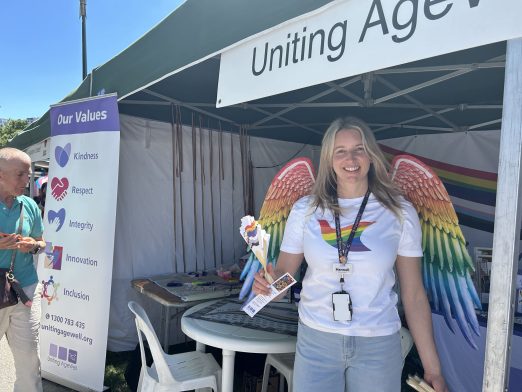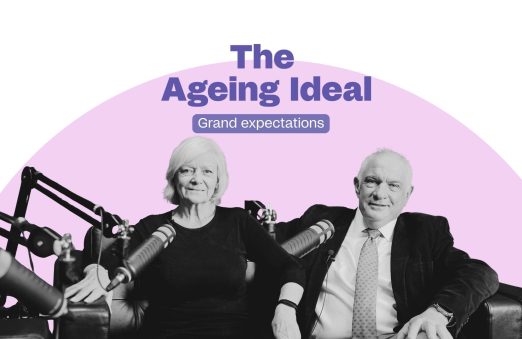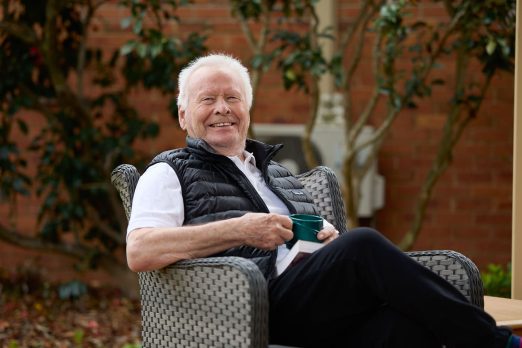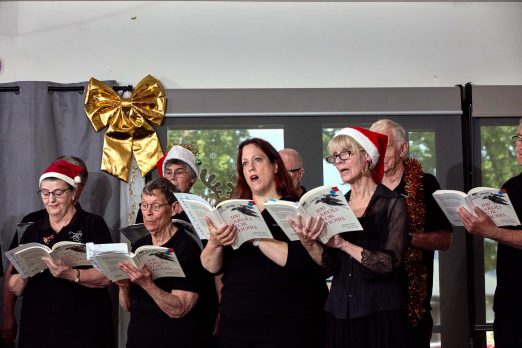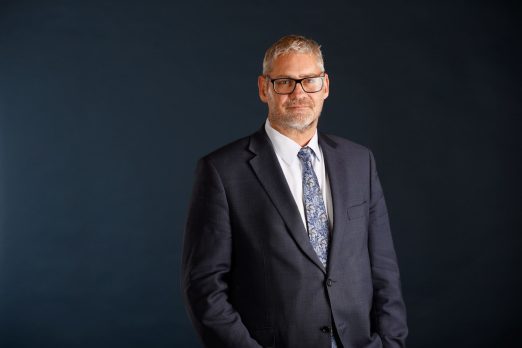News
Getting a Plan B in place
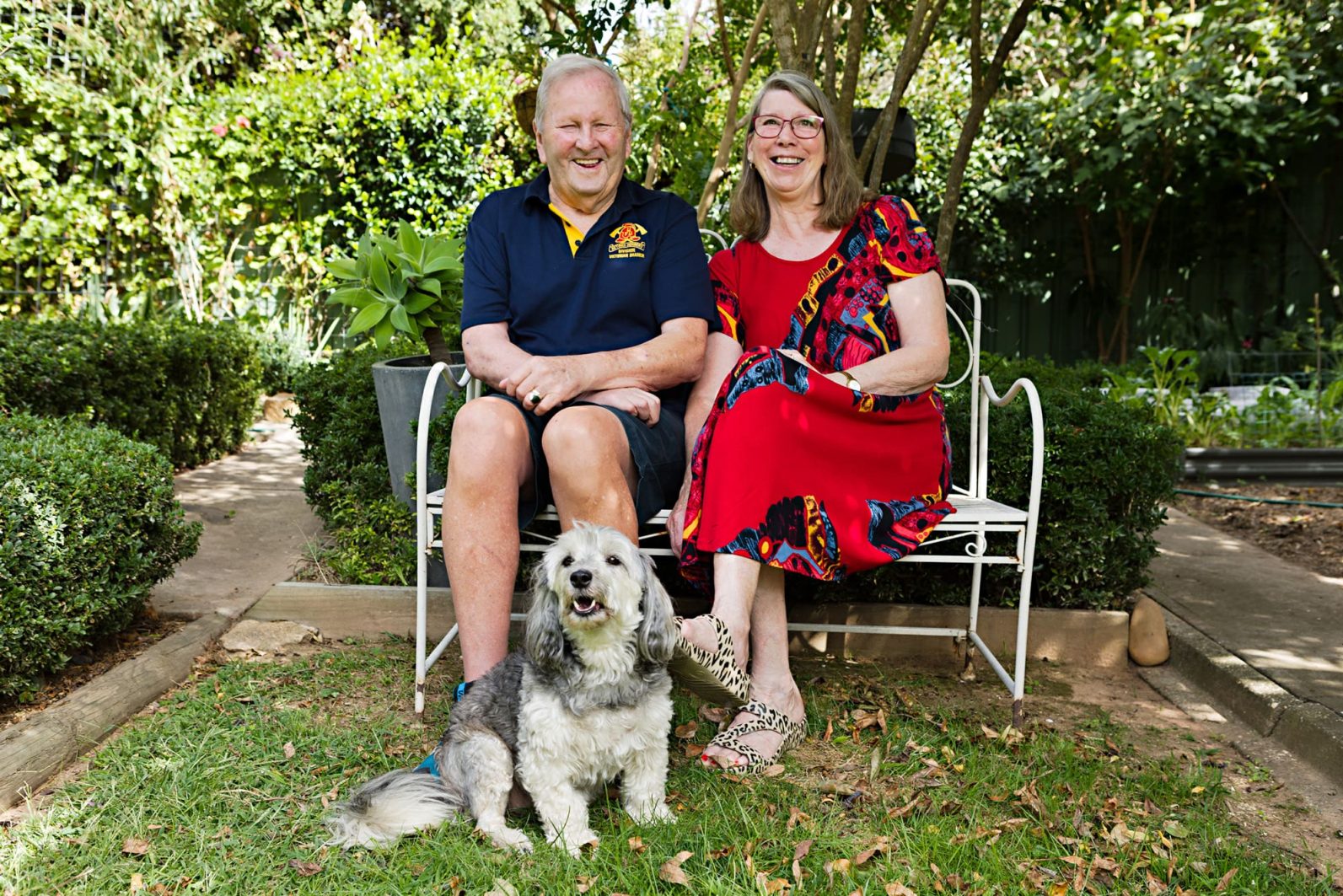
Home and Community
Karen Neate has got her list of duties down pat when it comes to caring for her husband, Roger.
She also has peace of mind now that she has a plan in place for Roger’s care should anything happen to her.
The “what if I get seriously ill or worse?” scenario as the71-year-old Wangaratta resident refers to the very real fear that she and other carers feel: who will step in to do the caring at home if they can’t?
It’s National Carers Week from 12-18 October and time to recognise, celebrate and raise awareness of Australia’s three million carers. This year’s theme is “you are, know, or will be one,” highlighting the widespread nature of caring. It affects virtually everyone
Karen says their lives were turned upside down when Roger, now 80, had a stroke a few years ago.
The retired firefighter, former professional cyclist and keen Essendon supporter is a big confident personality. But the stroke knocked him for six.
“Acceptance is the hard part,” Karen says. “Obviously the retirement we hoped for, with lots of travel and getting out and about, is not going to happen.”
Roger still loves watching sport on television and volunteering at the op shop at the Wangaratta Uniting Church. But he gets very tired, can’t drive anymore and had to sell his boat which upset the fisherman enormously.
Roger is on a government-funded home care package through Uniting AgeWell and receives help around the home as well as allied health services.
Karen spends most mornings driving him to medical appointments including myotherapy, physiotherapy, podiatry and the chiropractor. The mornings when there are no appointments, she takes him for a drive so he can get out the house and enjoy the scenery. Karen is also busy with the million-and-one-things around the house that need doing, including shopping and cooking. She also looks after their menagerie of pets – dogs Flynn and Beau, Smudge the cat and Hairy the canary.
Roger grows anxious when she is away for more than a couple of hours, so she needs to plan her day carefully. “I get tired, of course,” the retired prison officer and disability worker explains. “But Roger and I are very close – we’re a blended family of five adult children and six grandchildren, and there is no way I would cause him anxiety by leaving him alone for any length of time.”
The couple has worked closely with Uniting AgeWell Care Advisor Teresa Knight. First it was to get equipment and modifications including rails installed around the home.
Then Karen worked with Teresa to get a contingency plan for Roger in place. “We’ve planned for what happens if I am in hospital or not around at all, and how Roger will be able to continue living at home without me,” explains Karen. “This gives me great peace of mind. Getting a Plan B in place is an important part of caring.”
Karen even stocks up on frozen meals which Roger is able to microwave for dinner should the need arise.
Now she’s looking into respite care at home to give her an opportunity to have a break or attend her arts and crafts events. Carer burnout is very real.
Uniting AgeWell supports carers and those they care for, through in-home respite care, day respite programs, community access, transit groups or residential respite care.
It also offers the Sharing the Care Kit. This free resource provides carers with practical advice and easy-to-access information and supports, particularly when a transition to permanent residential care is required.
